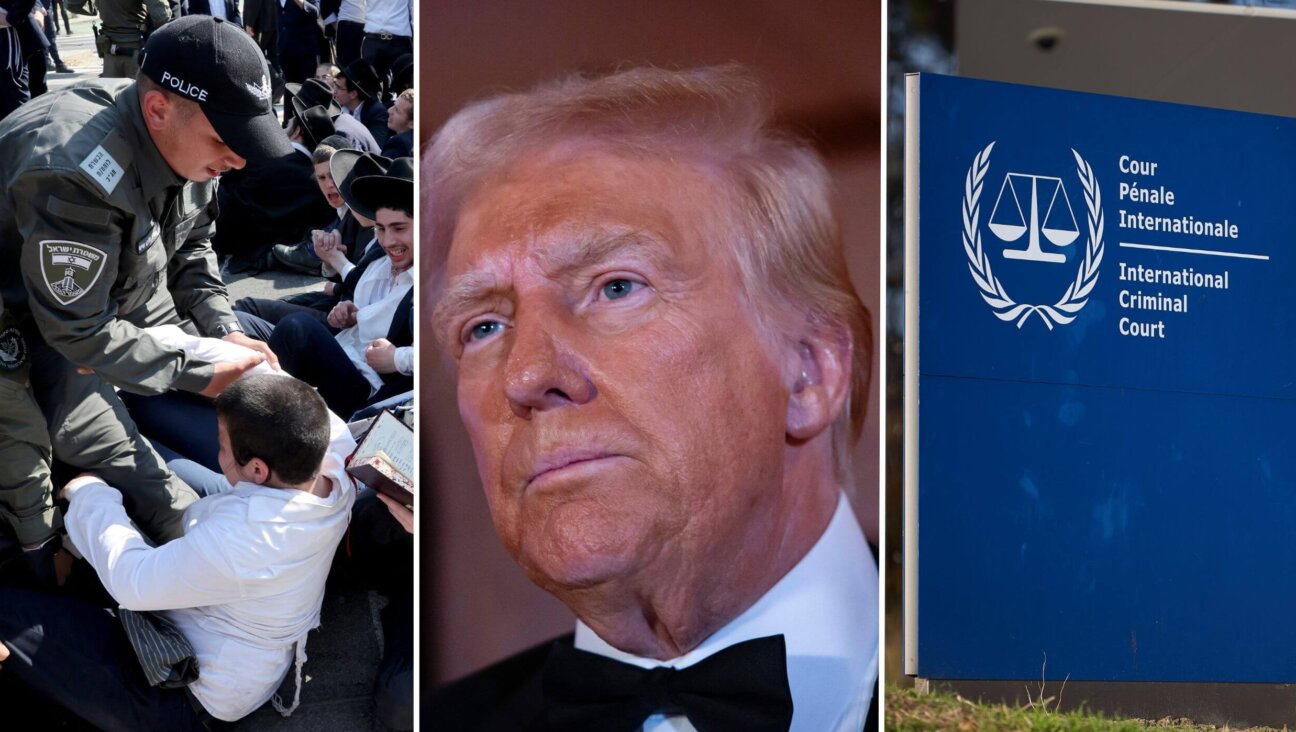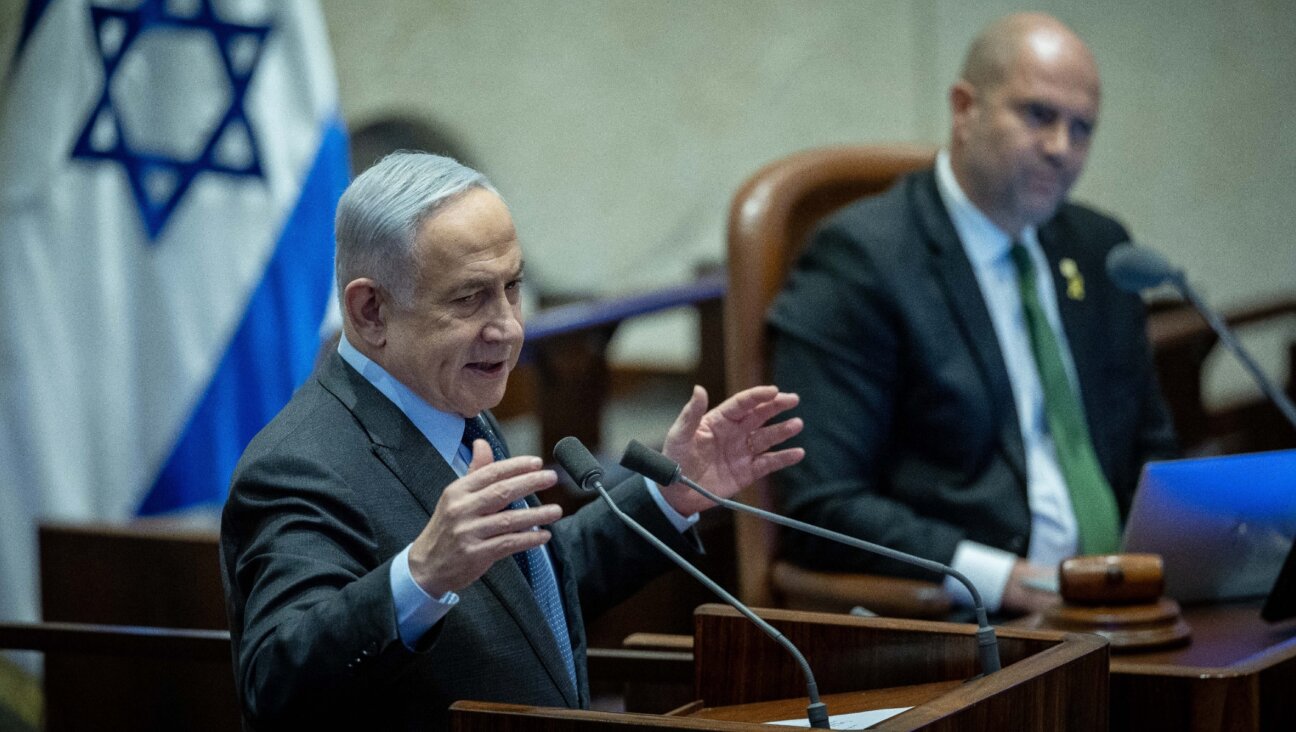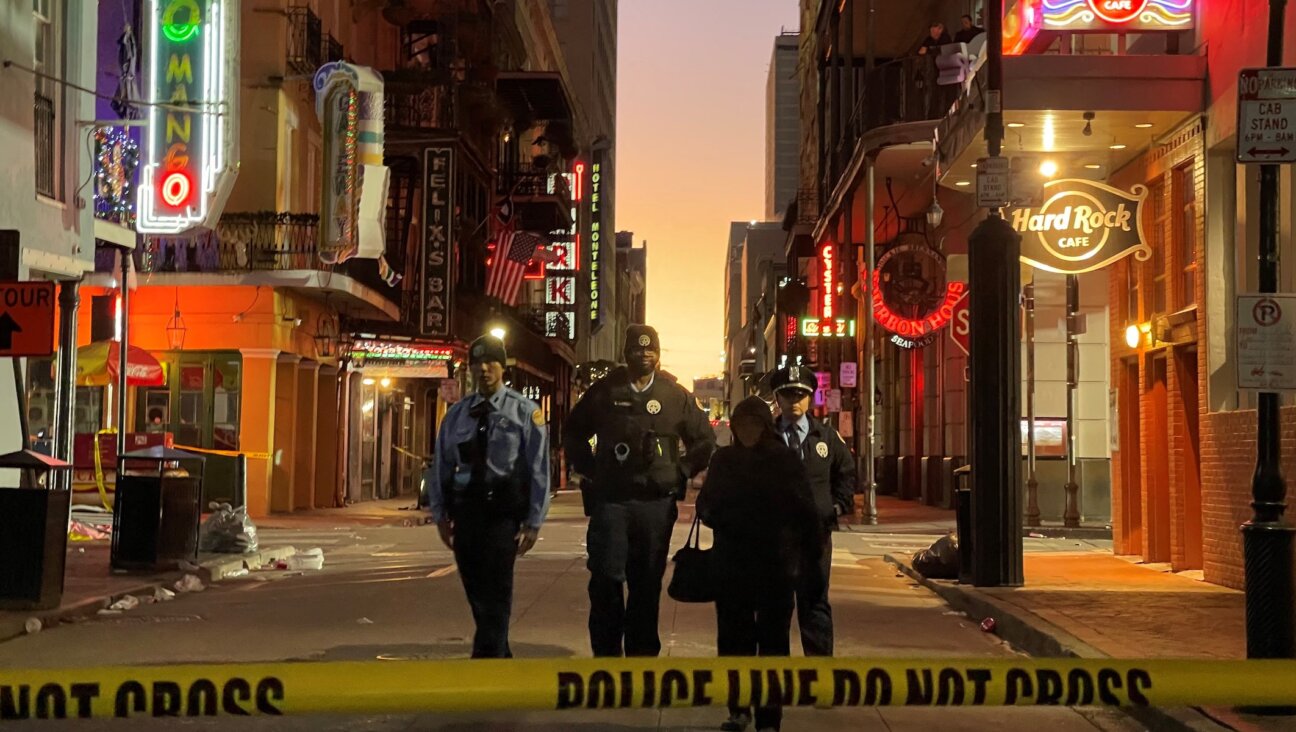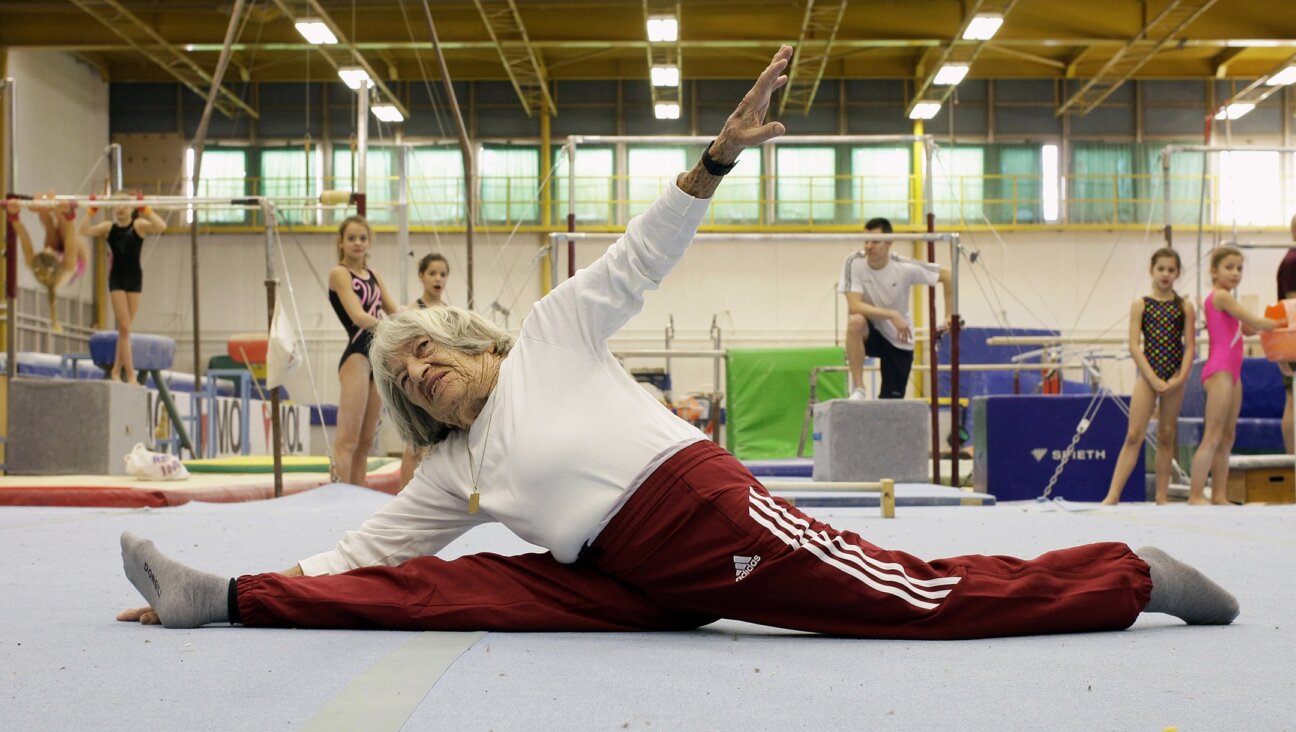What a Jewish high school history teacher learned by speaking with Muslims

NewGround Image by Marta Evry
I grew up in the aftermath of the Holocaust. My fifth grade Talmud teacher had a tattoo from Auschwitz on his forearm. During the month of April, which commemorates the Holocaust, the lunchroom had photos from the ghettos and concentration camps hung on the walls. As a teenager, I visited the death camps and saw the shoes and suitcases of those murdered, and imagined myself in that place. As a young man I studied in Vienna and lived in Israel, undertaking a journey in search of some understanding of how the Holocaust could have occurred.
At YULA Boys high school I teach modern Israeli and European history. For this labor of love I have created a curriculum that blends what is found in the universal textbooks with Jewish history. It is the story of my own intellectual journey, which began for me during my first trip to England. On Erev Yom Kippur I was in York, searching for a synagogue, but instead, came across a plaque commemorating the destruction of the Jewish community in 1290. In many of the places I travelled to, I bore witness to where my people suffered horribly at the hands of their neighbors. As I study and travel I have come to realize that it also marks the worlds of many other peoples. But in the aftermath of the Holocaust the suffering of my people, the Jewish people, seemed to overshadow the sufferings of others.
One year ago I applied to the NewGround fellowship in order to participate in their year-long program devoted to Muslim-Jewish dialogue. NewGround is “a community-building organization that creates, connects and empowers Jewish and Muslim Change-makers in America”, and part of the program is devoted to educating and sharing our religious experiences and beliefs with each other. The second part of the program is devoted to understanding how the history of Israel-Palestine influences the debate within the Muslim and Jewish communities.
I applied to the program in the hope that I might better understand Israel by seeing it through the eyes of people who are intimate strangers to me. We shared our personal histories and how they were shaped by our national histories. For many of us, Israel emerged as an important element in understanding our cultures. For many of the Jewish members of the cohort, Israel — or the ideal of Israel — is partly what we most treasure in the world, and a reflection of what we most treasure in ourselves. Among many members of the Muslim cohort, the significance of Israel lay in the ongoing loss of Palestine.
At YULA, support for Israel is strong, while in the broader American Jewish Community, sympathy for Palestinian rights is strong. While support for the one should not preclude sympathy for the other, we live in a zero sum world. Tribal allegiance prevents many of us from reaching beyond our emotional ghettos.
This past year I met and befriended many people who made the NewGround experience particularly meaningful for me. NewGround asks that we walk on ground that we have not walked on before. To speak with people we may not have met before, to consider ideas that we may not have considered before.
Within this space, we discussed our lives here in the United States, and we discussed the lives of our brothers and sisters across the sea. Speaking with the Jewish and Muslim members of the cohort, I found that their life stories – many of which were burdened by pain born from a disregard for their lives – resonated deeply with me.
I have spent many years studying the Holocaust, and asking how this world could have allowed the Holocaust to occur. As a history teacher, I try to have my students appreciate the changes in our world and think about why events such as the Holocaust occurred at all. Having studied it, I believe that such blind hatred is the result of failing to recognize the humanity of others – and, subsequently, by not recognizing the humanity of others, we have committed and justified horrible crimes. The philosopher asks a simple question: “If you do not see something, does it exist?” Likewise, if you do not see your neighbor, does he exist? If you do not see the stranger, does she exist?
We are commanded to seek justice. As a Jew I know this. The Torah commands justice: justice you shall pursue. But justice is an ideal, an ideal that each and every person interprets relative to their own experience. It is easy for me to understand the injustices committed against my people. And in the name of our losses I understand the claim for justice, for restitution, for myself and for my people.
At the same time, our same Torah requires that we love our neighbors as ourselves, and that we honor the stranger in our midst. Over the past year, I have come to better understand the injustice of not loving my neighbor as myself, and of not honoring the stranger in my midst. At NewGround, I met many strangers. I came to respect them, and I listened as they shared their struggle with me.
As I struggle to teach my students the stories of the world, and our place in it, I have come to appreciate that to understand the world in which we live, we have to see the people who we love as well as the people we are commanded to love. Meeting people we have never met before and coming to understand their journeys enables us to acknowledge them, and will eventually lead us to accept them.
Jonathan Silberman teaches history at YULA in Los Angeles.
A message from our Publisher & CEO Rachel Fishman Feddersen

I hope you appreciated this article. Before you go, I’d like to ask you to please support the Forward’s award-winning, nonprofit journalism so that we can be prepared for whatever news 2025 brings.
At a time when other newsrooms are closing or cutting back, the Forward has removed its paywall and invested additional resources to report on the ground from Israel and around the U.S. on the impact of the war, rising antisemitism and polarized discourse.
Readers like you make it all possible. Support our work by becoming a Forward Member and connect with our journalism and your community.
— Rachel Fishman Feddersen, Publisher and CEO























